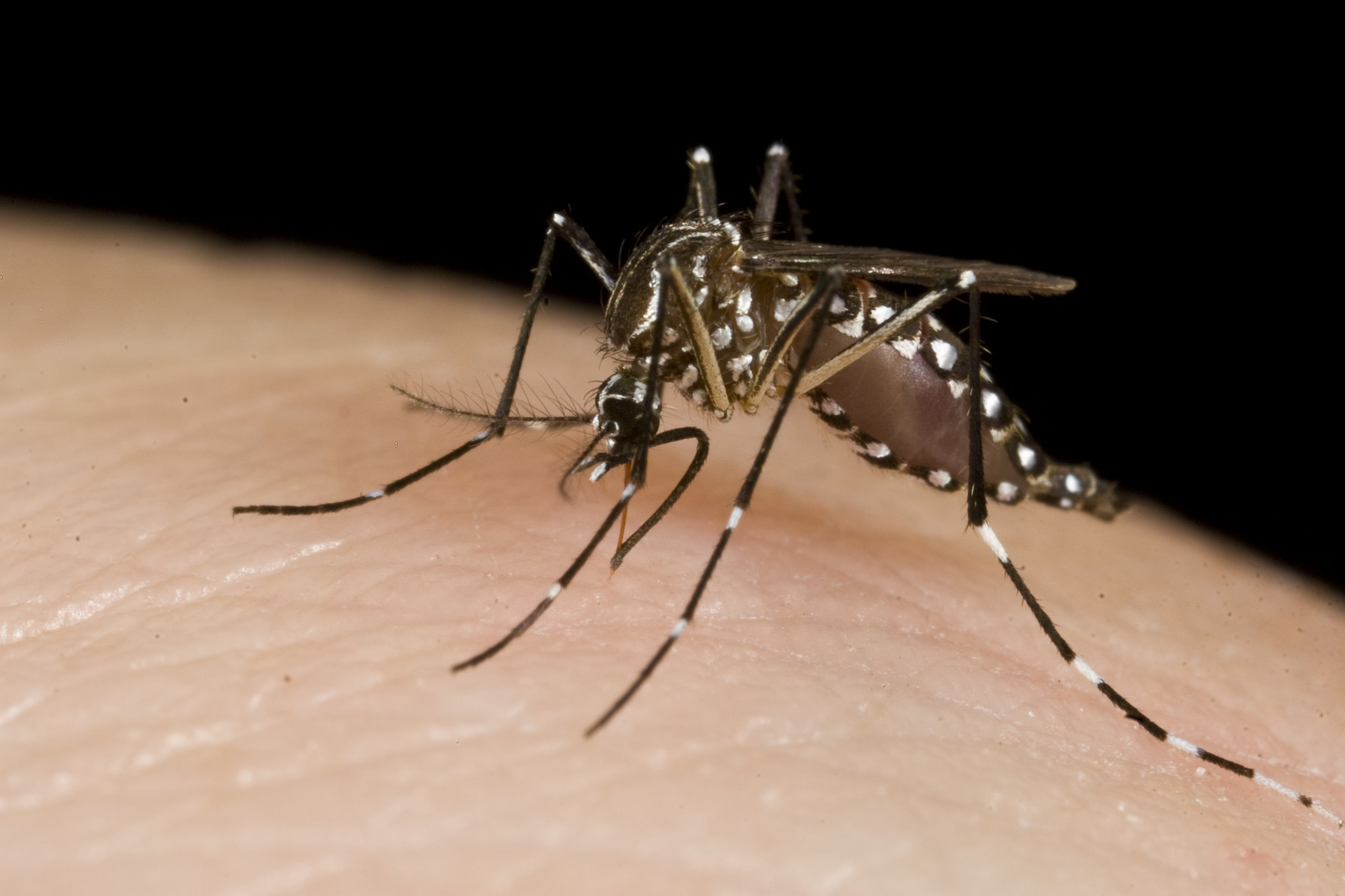Last August at the 2016 Rio Olympics, many health experts and participants alike had their eyes on the rapidly developing threat of the Zika virus. Prior to the start of the Olympics, the list of countries with active transmission included much of South and Latin America, as well as several Pacific Island nations. Some athletes took precautions; others skipped the events altogether. Fast forward to today and many people are still wondering what they can do to stay healthy when traveling to outbreak areas. Preventing the spread of Zika is possible, but to do so effectively, it is important to first understand the transmission of the virus itself.
The Zika virus primarily infects humans through Aedes mosquito bites. However, the virus can also be transmitted through sexual contact and blood transfusions. Because of the typically mild nature of the illness, infected individuals do not always realize that they could spread the virus to others. Thus, safety precautions are two-fold: protection from mosquitoes and extended use of condoms during sex.
Image Source: Joao Paulo Burini
Mosquito repellent is key to avoiding possible infection from bites, but it is only the first step. Medical professionals also suggest wearing shirts with full-length sleeves and long pants at all times, not just outside. Aedes mosquitos are frequently found indoors and attack most aggressively during the day. In addition, installing proper window screens and sleeping under mosquito nets may be helpful.
Because sexual transmission of the Zika virus is also possible, visitors and residents in affected areas should practice abstinence or condom use during sex. Following travel to an impacted country, the World Health Organization recommends abstaining from or only engaging in protected sexual behavior for a period of eight weeks. This caution is particularly critical if a woman is pregnant or planning to become pregnant, as the Zika virus can cause serious birth defects such as microcephaly, which causes abnormal brain development and a smaller sized head.
Though the Zika virus poses a genuine health concern, it is possible to prevent infection when visiting an affected region. As long as visitors to impacted nations are proactive in avoiding mosquito bites and practicing safe sex, transmission of the virus should remain under control.
Featured Image Source: mosquitos by The Department of Foreign Affairs and Trade










